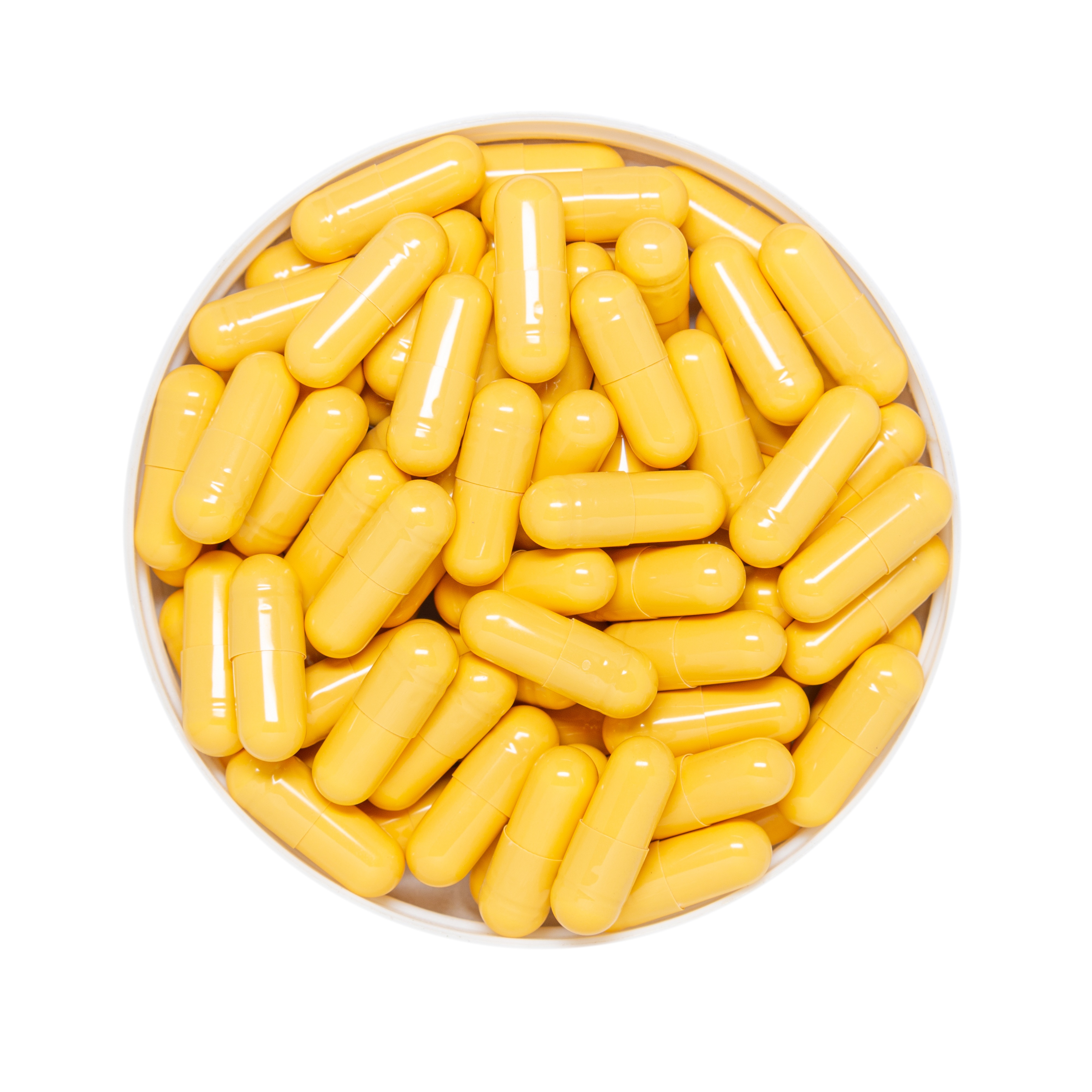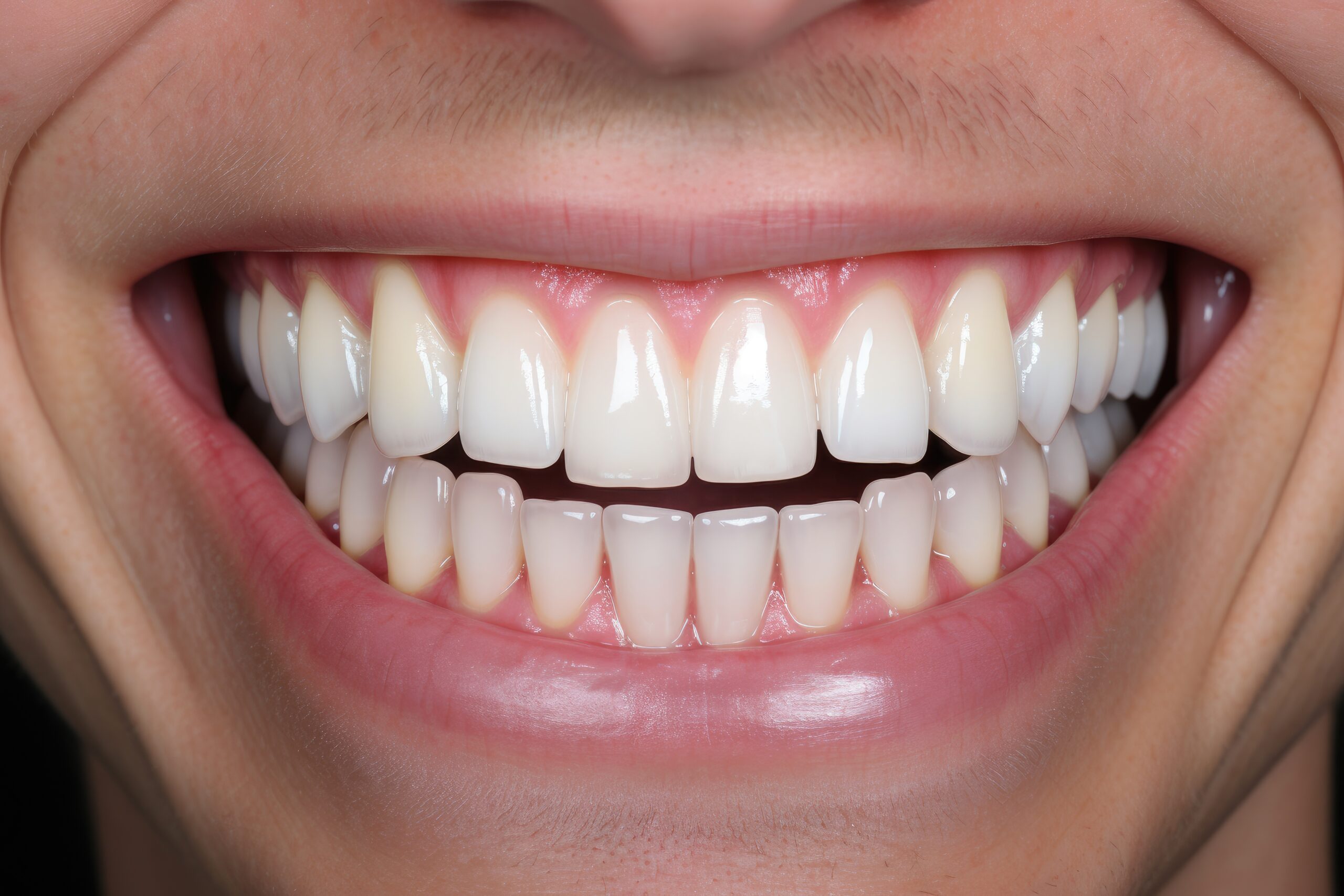If you’ve been browsing through natural supplements lately, you’ve probably stumbled upon berberine. This ancient herbal compound is gaining some serious traction in the world of wellness. But is all the hype around berberine justified? Can this plant-derived supplement really help with blood sugar management, weight loss, and even heart health? Let’s dive in and break it all down so you can decide if adding berberine to your routine is worth a shot.
What is Berberine, Anyway?
First things first, what exactly is berberine? Well, it’s a bioactive compound that’s found in several plants, like goldenseal, barberry, and Oregon grape. Berberine has been used for centuries in traditional Chinese and Ayurvedic medicine, primarily to treat infections and digestive issues. Fast forward to today, and modern science is revealing even more reasons why berberine is getting so much attention—particularly for how it might help with metabolic health and weight management.
How Does Berberine Work?
The magic behind berberine is in its ability to activate an enzyme in your body called AMPK (adenosine monophosphate-activated protein kinase). You can think of AMPK as the body’s “energy regulator.” When berberine gets into your system, it turns on this enzyme, which helps control how your body uses energy. This is a big deal because AMPK helps manage processes like glucose metabolism and fat storage.
So in simpler terms, when you take berberine, it can help your body use energy more efficiently, which might help improve blood sugar levels, reduce fat storage, and even give your metabolism a little boost.
The Health Benefits of Berberine
Alright, let’s get into the good stuff—what exactly can berberine do for your health? There’s a growing body of research suggesting berberine could have a positive impact on several major health areas.
1. Blood Sugar Regulation
One of the top reasons people are drawn to berberine is its potential to help manage blood sugar levels, especially for those with type 2 diabetes. Several studies show that berberine can help lower fasting blood glucose and improve insulin sensitivity, which is a fancy way of saying it helps your body use insulin more effectively. One study even found that taking berberine was comparable to metformin, a common prescription medication for managing type 2 diabetes.
Another bonus? Berberine may help reduce hemoglobin A1c levels, which is a key marker doctors look at when assessing long-term blood sugar control. So, if you’re looking for a natural way to support your blood sugar levels, berberine might just be the way to go.
2. Weight Loss and Metabolism
If shedding a few pounds is on your mind, berberine could give you a hand there too. Research has shown that berberine can help with weight loss, particularly in reducing fat mass and lowering body mass index (BMI). One 12-week study found that participants taking 500 mg of berberine three times a day lost around 5 pounds without making any other significant changes to their diet or exercise routine.
Berberine’s ability to activate AMPK plays a huge role here, as it helps your body burn fat and prevents the creation of new fat cells. It’s not going to work overnight, but with consistency, it could be a helpful part of your weight loss journey.
3. Heart Health Benefits
Your heart might thank you for taking berberine, too. Studies have found that berberine can help lower LDL cholesterol (the bad kind) and triglycerides, both of which are major contributors to heart disease. In fact, one review published in The International Journal of Cardiology found that berberine not only helped lower cholesterol but also improved overall cardiovascular health by supporting the function of blood vessels.
For people with high cholesterol or a family history of heart disease, berberine could be a natural way to support a healthy heart. Just don’t ditch your prescribed meds without talking to your doctor!
4. Gut Health
Believe it or not, berberine might even be good for your gut. It has antimicrobial properties, meaning it can help fight off harmful bacteria while promoting the growth of beneficial bacteria in your digestive system. This makes it potentially helpful for people with digestive issues like IBS or those looking to maintain a healthy gut microbiome.
Side Effects and Risks
Now, berberine might sound like a miracle supplement, but it’s not without its downsides. Most people tolerate it pretty well, but some folks experience digestive issues like diarrhea, constipation, or an upset stomach when they first start taking berberine. The key is to start with a low dose and gradually increase it to avoid these side effects.
There are also some groups of people who should steer clear of berberine, including pregnant or breastfeeding women. Berberine can cross the placenta, and research suggests it might not be safe for newborns or fetuses. Additionally, if you’re already taking medications for diabetes, cholesterol, or blood pressure, you’ll want to talk to your doctor before trying berberine, as it can interact with those drugs.
How to Take Berberine
So how should you take berberine if you’re interested in giving it a try? Most studies recommend a dosage of around 900 to 1,500 mg per day, typically split into two or three doses. Because berberine has a short half-life (meaning it doesn’t stay in your system for long), taking it multiple times a day helps keep levels consistent.
It’s also best to take berberine about 30 minutes before meals to optimize absorption and effectiveness. And like any supplement, it’s important to give it some time—don’t expect results overnight.
Is Berberine Right for You?
So, should you give berberine a try? If you’re looking for a natural way to support blood sugar levels, improve heart health, or even lose a few pounds, it might be worth considering. That said, it’s not a one-size-fits-all solution, and it’s always best to consult with a healthcare provider, especially if you’re already on medication or have underlying health issues.
In the world of natural supplements, berberine definitely has some promising benefits backed by science. Just make sure you’re getting a high-quality product from a reputable source, and pay attention to how your body responds once you start taking it.
Final Thoughts
Berberine might be an ancient remedy, but it’s making a big comeback in modern wellness circles for good reason. Whether you’re looking to manage blood sugar, improve heart health, or support your weight loss efforts, berberine could be a helpful addition to your supplement routine. Just remember—there’s no magic pill, and the best results come when you combine it with a balanced diet, exercise, and regular check-ins with your doctor.
What are your thoughts on berberine? Have you tried it, or are you considering it? Share your experiences or questions in the comments below!
References:
Wu, H., et al. (2021). “The impact of berberine on gut microbiota in human and animal studies: a review.” Biochemical Pharmacology.
Zhang, Y., et al. (2019). “The role of berberine in improving insulin resistance and reducing blood glucose levels in type 2 diabetes mellitus.” Frontiers in Pharmacology.
Dong, H., et al. (2015). “Berberine in the treatment of type 2 diabetes mellitus: a systemic review and meta-analysis.” The Journal of Ethnopharmacology.
Cicero, A. F., et al. (2017). “Berberine and cardiovascular health: A review of the effects on lipid metabolism, blood pressure, and more.” Clinical Lipidology.



